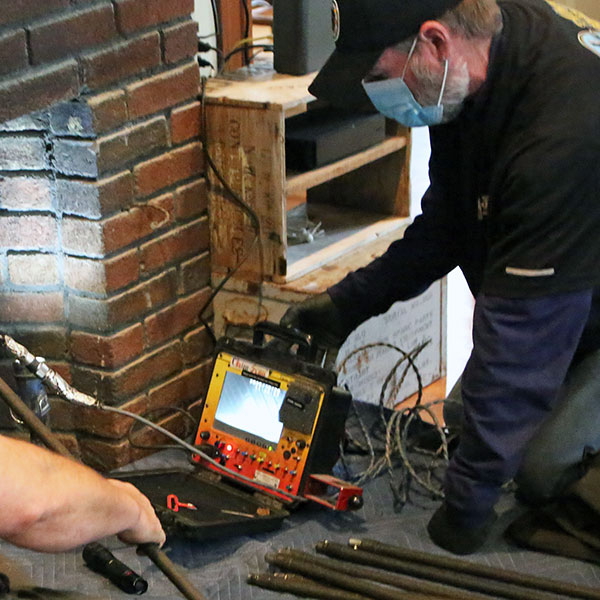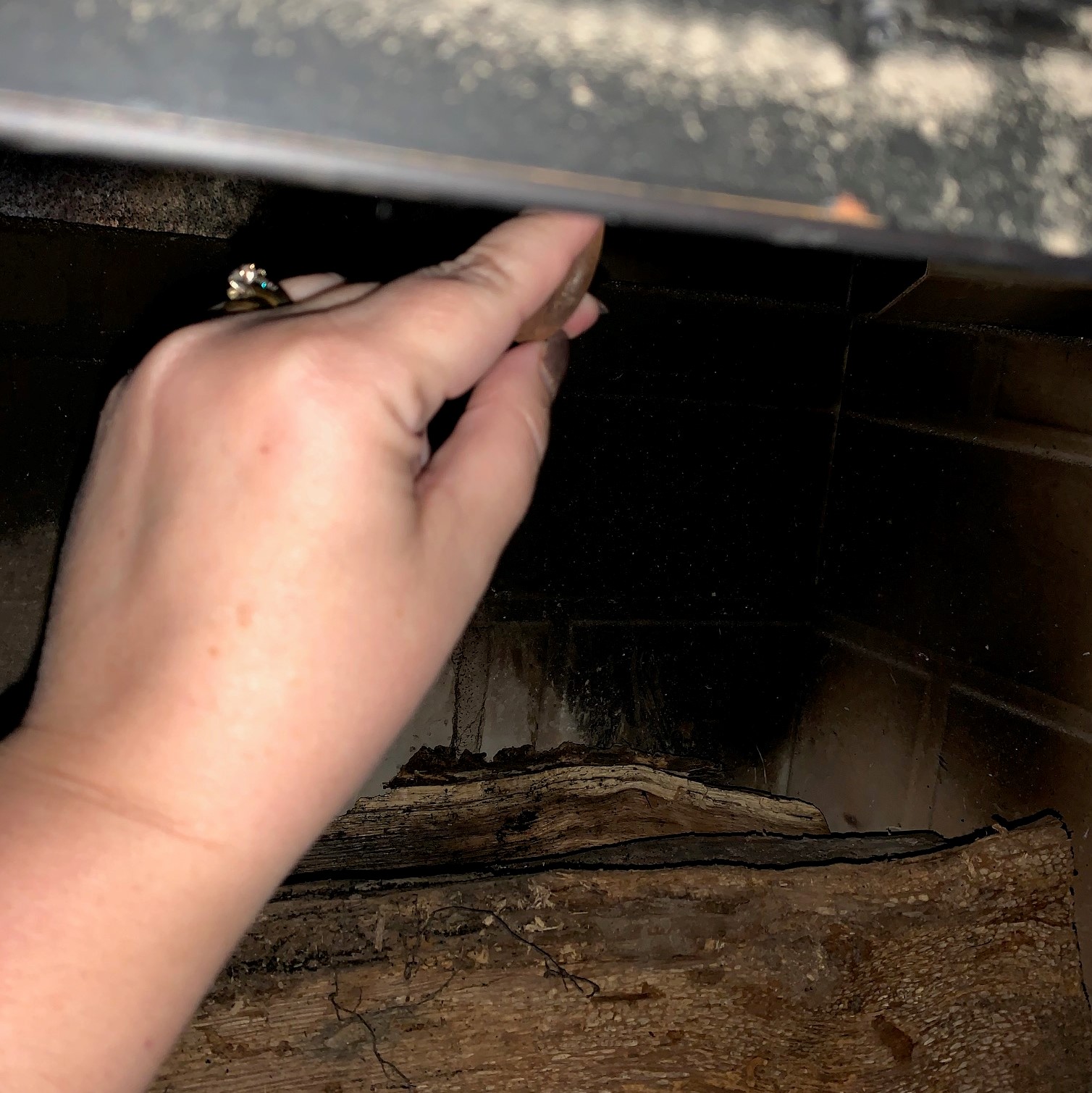Closing Your Fireplace for the Summer: Four Tips
Your fireplace and chimney have served you throughout the winter, so now that the burning season is over, it’s time to return a little of that service. Here are some tips on closing your fireplace for the summer.
 Inspect both the fireplace and the chimney
Inspect both the fireplace and the chimney
Inspections should be handled by licensed chimney service technicians and ideally should be scheduled once a year, ideally in the spring or summer.
A professional inspection will look at your fireplace, chimney and all of the system’s components. This is the best way to address early signs of damage and malfunction before you’re faced with complex and expensive repair projects.
Schedule needed repair work
You may be thinking that as long as your fireplace or chimney issues get fixed before the next cold season, everything is okay. But putting off repairs isn’t a wise idea for two reasons.
First, certain types of problems, particularly within your chimney’s masonry, will worsen over time. If there are water leaks, they can cause serious damage throughout your chimney system. If bricks are loose or if the mortar is crumbling, it’s a sure sign that more extensive problems are on the way.
Second, it’s usually much easier to schedule chimney repair services in the spring and summer. In the fall, crews often become swamped with work and it can be harder to get them to your home at a time that’s convenient for you.
Have your chimney cleaned
If you use a wood-burning fireplace or fireplace insert, your chimney flue will have collected some level of creosote over the winter. Creosote can be flakey, sticky or solid, and in all its forms it’s highly flammable.
Professional chimney sweeps use specialized tools such as rotating scrubbers, chimney sweep brushes, cleaning rods, cleaning solvents and industrial-grade vacuums to remove stubborn creosote and keep your chimney safe and efficient.
Along with creosote removal, your technician will also remove any debris that may be narrowing the flue. Leaves and twigs from nearby trees along with the nests of small animals like birds, squirrels and raccoons all can compromise your fireplace’s ability to send smoke and dangerous carbon monoxide up the chimney and away from the house.
NOTE: A full-width, custom chimney cap will keep tree and animal debris out of your chimney.
Remember to close your fireplace damper
 The damper, which usually sits just above the firebox, is a critical component of a fireplace system. When fully open, it allows for proper venting of smoke and combustion gases. When fully closed, it preserves the air inside your home by not letting in air from the outside.
The damper, which usually sits just above the firebox, is a critical component of a fireplace system. When fully open, it allows for proper venting of smoke and combustion gases. When fully closed, it preserves the air inside your home by not letting in air from the outside.
Over time, fireplace damper plates can become rusted or warped, causing them to be unable to open and close correctly. The damper will be looked at during a fireplace inspection. If it’s is damaged, you can either have it fixed or replaced.
By following these four tips for closing your fireplace for the season, you’ll be ready to take on the upcoming winter with a fireplace and chimney that are clean, running right and as safe as can be for you and your family.
Above & Beyond Chimney Service of Dedham, MA, provides chimney sweeping, chimney repair, licensed chimney inspection and chimney rebuilding services throughout the South Shore area of Massachusetts. Give us a call today at (781) 383-0415 and tell us how we can help.
